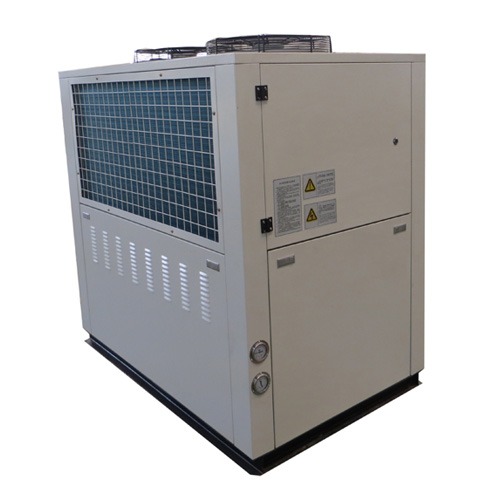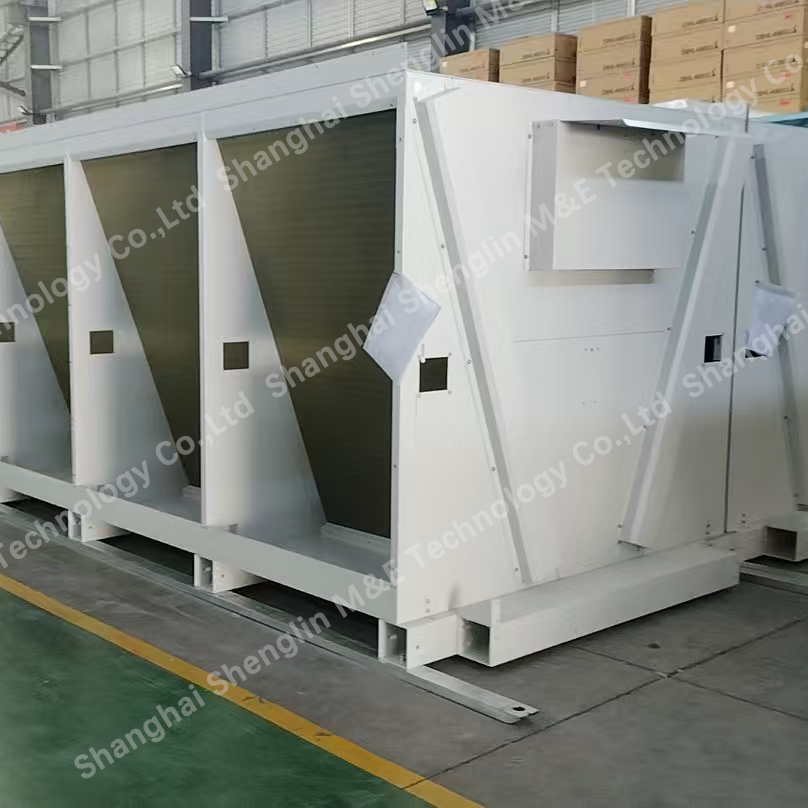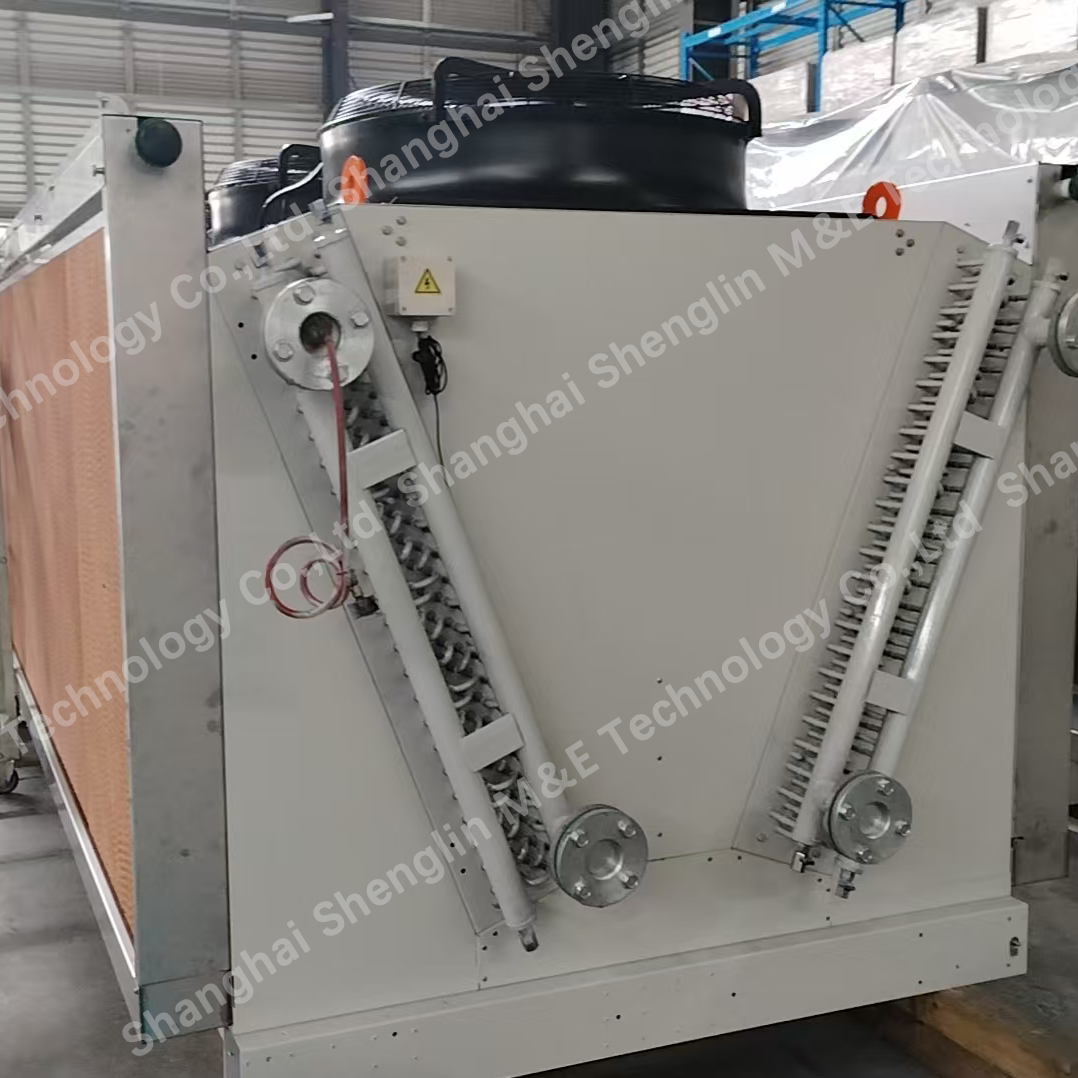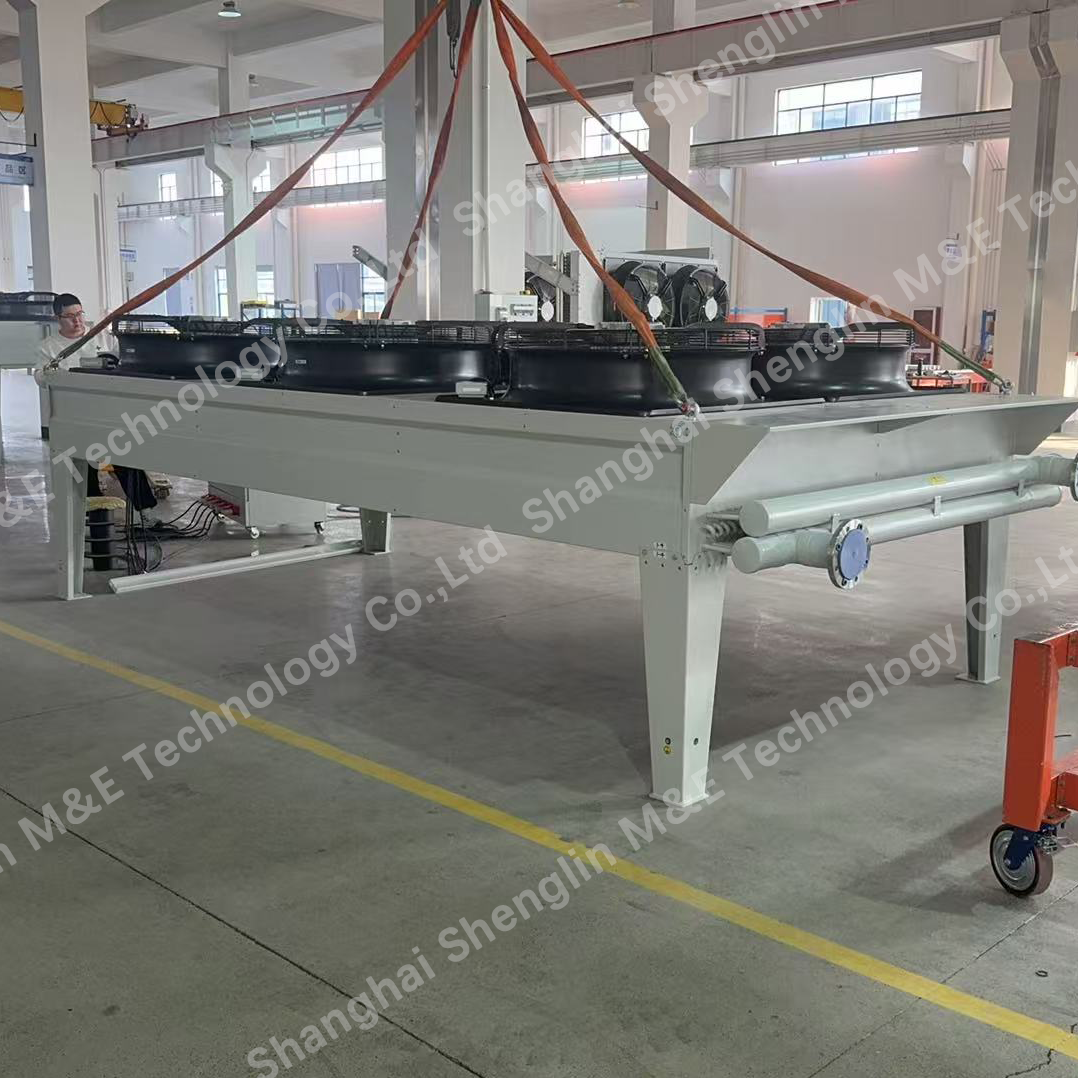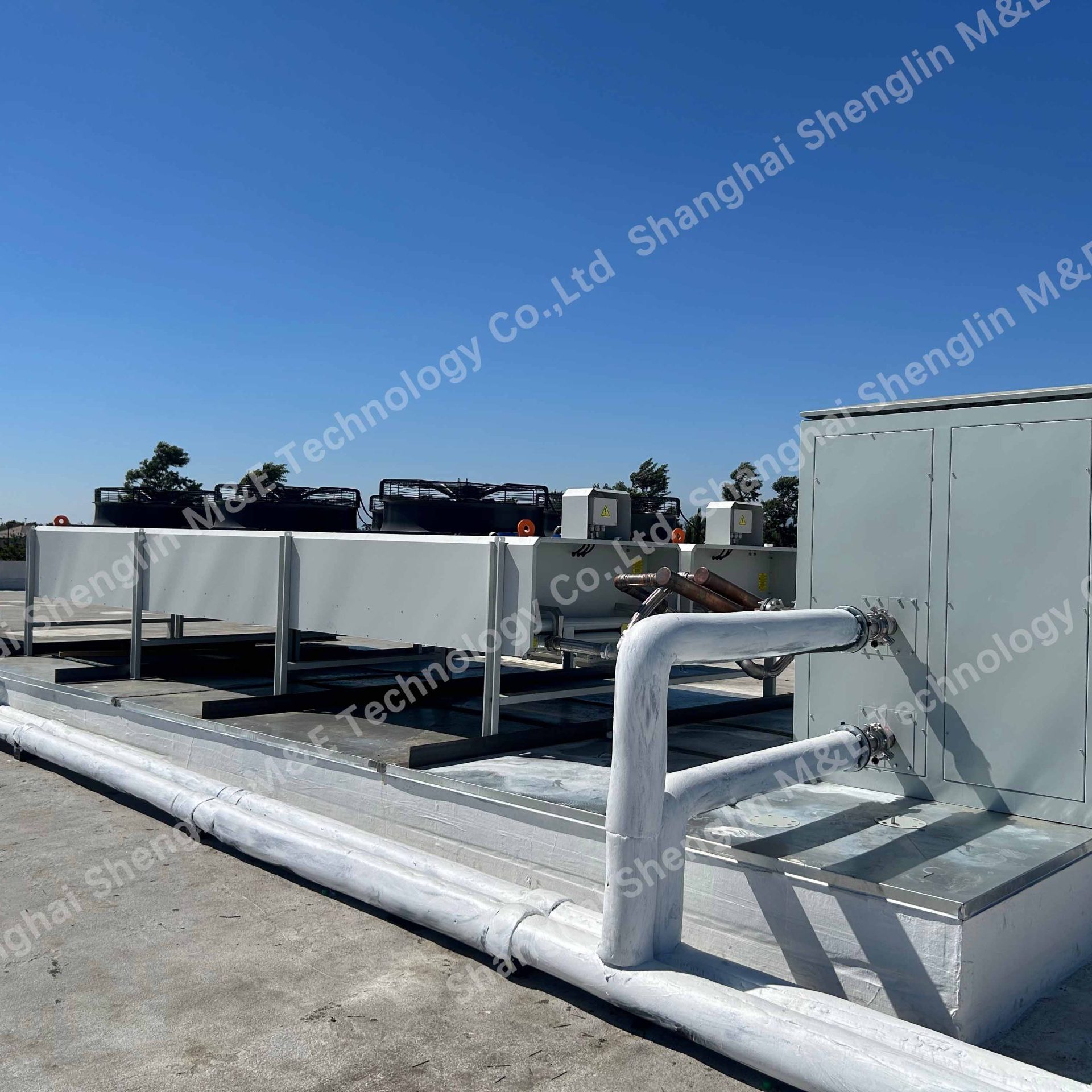Understanding and Optimizing Adiabatic Cooling Chillers
This comprehensive guide explores the principles, applications, and advantages of adiabatic cooling chillers. Learn how this energy-efficient technology works, its benefits compared to traditional cooling methods, and factors to consider when selecting a system for your specific needs. We’ll delve into real-world applications and provide practical tips for maximizing efficiency and minimizing operational costs.
What is Adiabatic Cooling?
Adiabatic cooling is a process that lowers the temperature of a fluid (typically water) without the addition or removal of heat. Instead, it relies on the evaporation of water to achieve cooling. As water evaporates, it absorbs latent heat from the surrounding air and fluid, resulting in a temperature decrease. This makes it a highly energy-efficient alternative to traditional refrigeration systems.
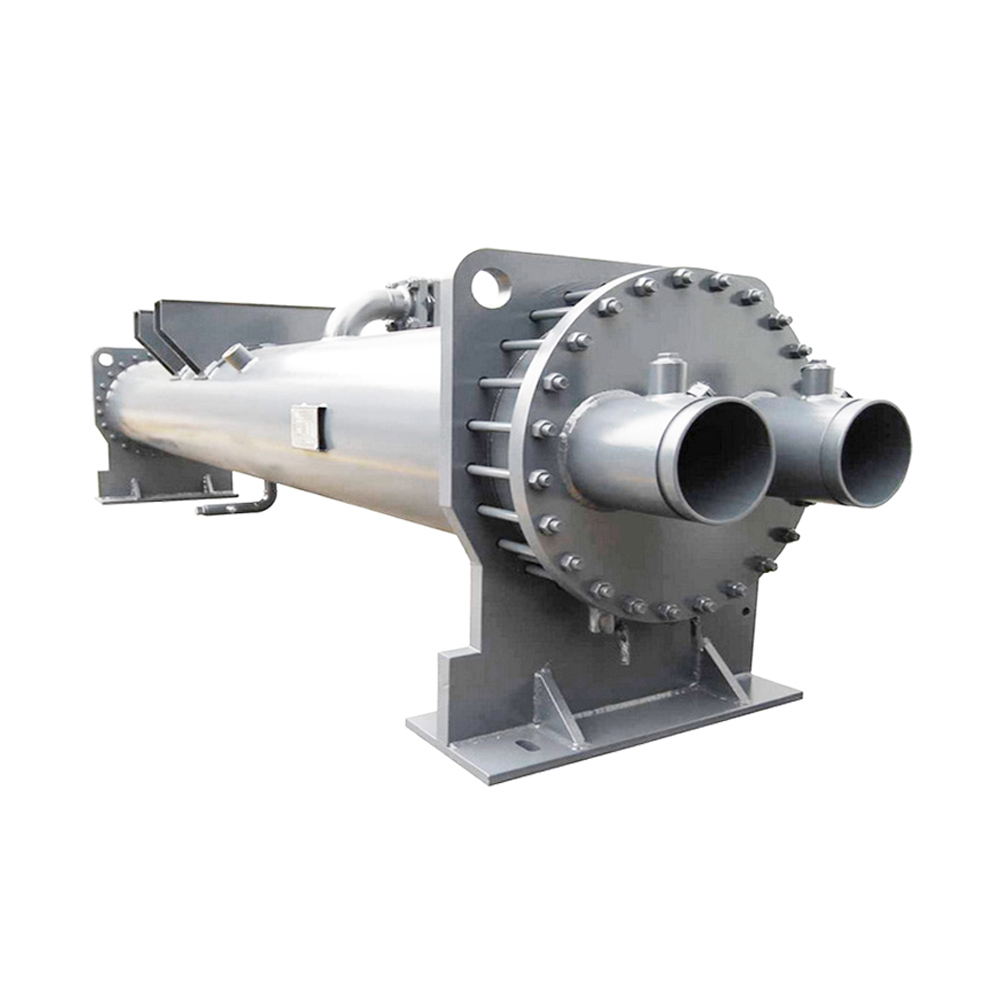
How Adiabatic Cooling Chillers Work
Adiabatic cooling chillers integrate this principle into a refrigeration cycle. Air is passed over a water-saturated surface (often a wetted pad or coil). The evaporation of water cools the air, which then passes over a heat exchanger to cool the chilled water. This chilled water is then circulated to provide cooling for various applications. The process reduces the energy required for traditional vapor-compression refrigeration, offering significant energy savings.
Advantages of Adiabatic Cooling Chillers
Energy Efficiency
A major benefit of adiabatic cooling chillers is their significantly higher energy efficiency compared to conventional chillers. They reduce energy consumption by minimizing the use of refrigerants and compressors. This translates to lower operating costs and a smaller carbon footprint.
Environmental Friendliness
Because they require less energy and rely on a natural process (evaporation), adiabatic cooling chillers are environmentally friendly. They reduce greenhouse gas emissions and contribute to a more sustainable cooling solution.
Lower Maintenance Costs
With fewer moving parts compared to traditional chillers, maintenance requirements and costs are typically lower. This reduces downtime and long-term operational expenses.
Wide Range of Applications
Adiabatic cooling chillers find applications in various industries, including data centers, manufacturing facilities, commercial buildings, and process cooling. Their versatility makes them adaptable to diverse cooling needs. For example, Shanghai SHENGLIN M&E Technology Co.,Ltd (https://www.ShenglinCoolers.com/) offers a range of high-quality adiabatic cooling chillers designed for various applications.
Choosing the Right Adiabatic Cooling Chiller
Selecting the appropriate adiabatic cooling chiller involves considering several factors:
Cooling Capacity
Determine the required cooling capacity based on the size and cooling needs of the application. This ensures the chiller can adequately meet the cooling demands.
Ambient Conditions
Ambient temperature and humidity significantly impact the performance of an adiabatic cooling chiller. Consider these factors to select a system optimized for your climate.
Water Quality
The quality of the water used in the cooling process is crucial. Impurities can affect the efficiency and longevity of the system. Proper water treatment might be necessary.
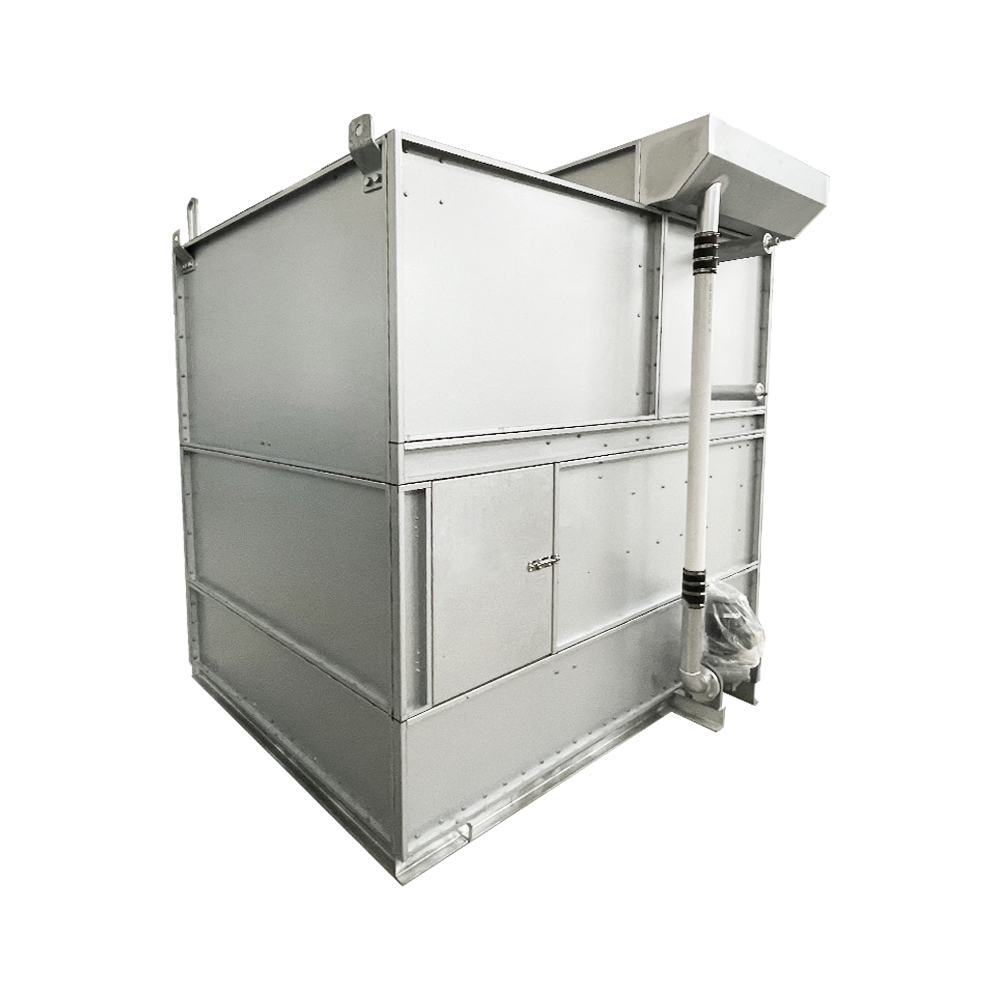
Comparison with Traditional Chiller Systems
| Feature |
Adiabatic Chiller |
Traditional Chiller |
| Energy Efficiency |
Higher |
Lower |
| Environmental Impact |
Lower |
Higher |
| Maintenance |
Lower Costs |
Higher Costs |
| Initial Cost |
Potentially Higher |
Potentially Lower |
Conclusion
Adiabatic cooling chillers offer a compelling alternative to traditional cooling systems, providing significant energy savings, environmental benefits, and reduced maintenance costs. By understanding the principles of adiabatic cooling and carefully considering the factors involved in selecting the right system, you can optimize your cooling operations and achieve significant long-term cost reductions. Remember to consult with experts like Shanghai SHENGLIN M&E Technology Co.,Ltd for tailored solutions to meet your specific needs.











